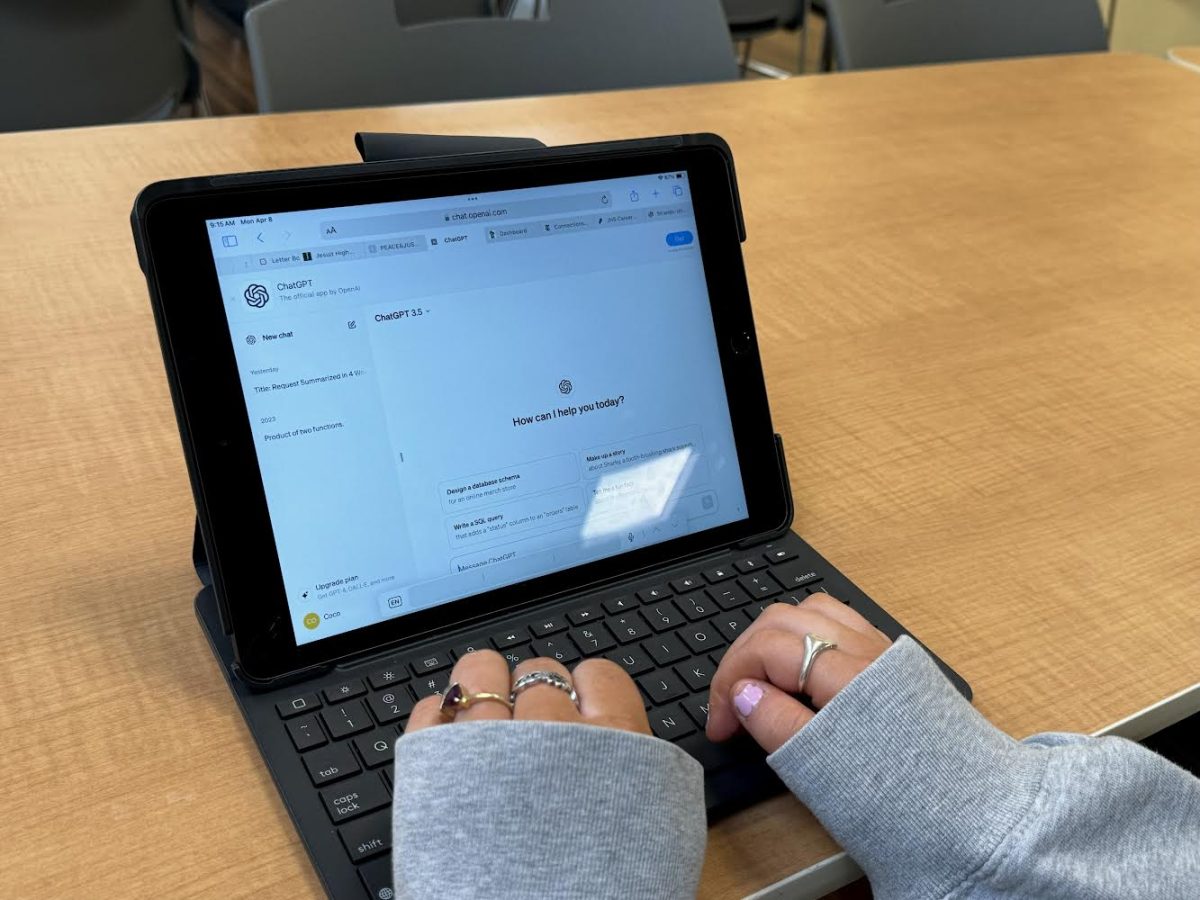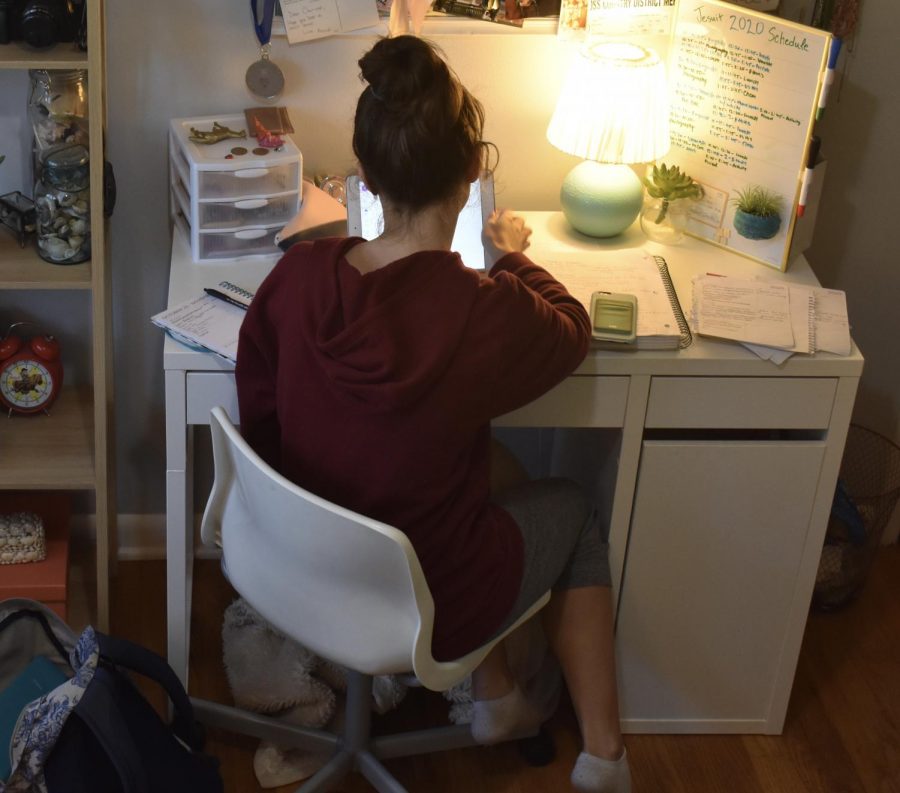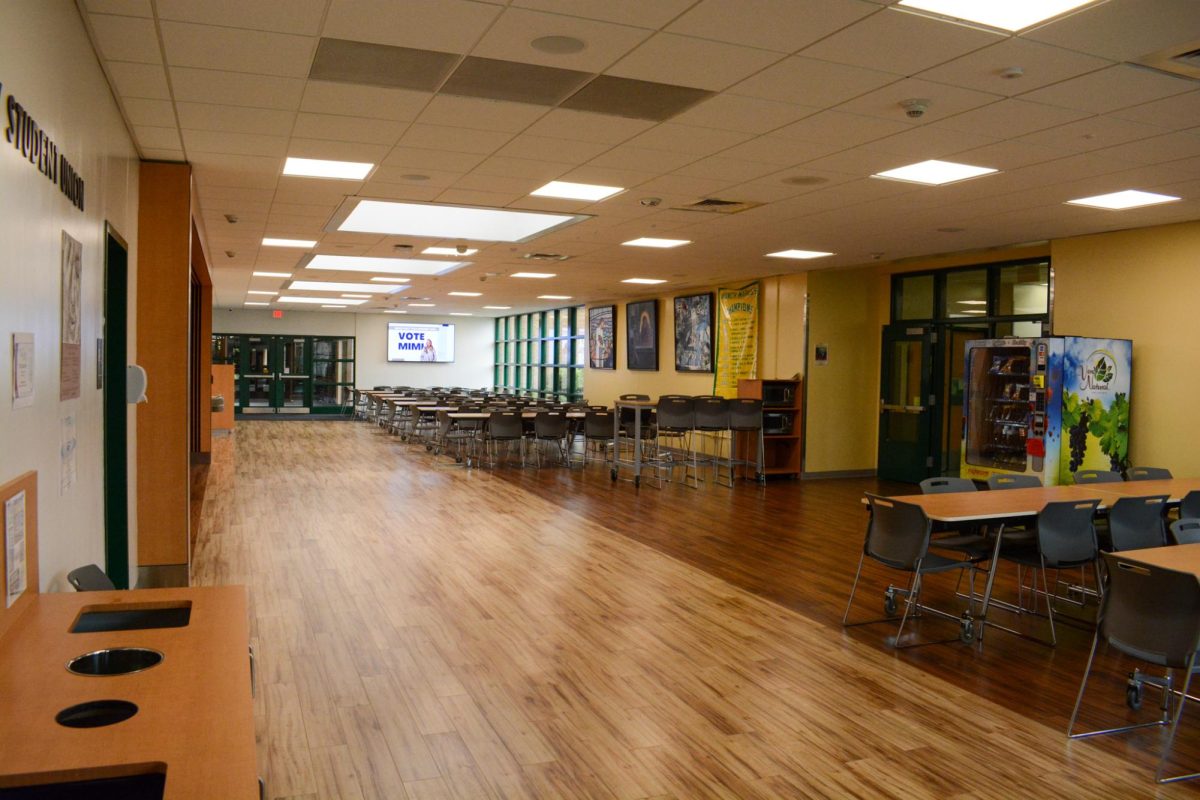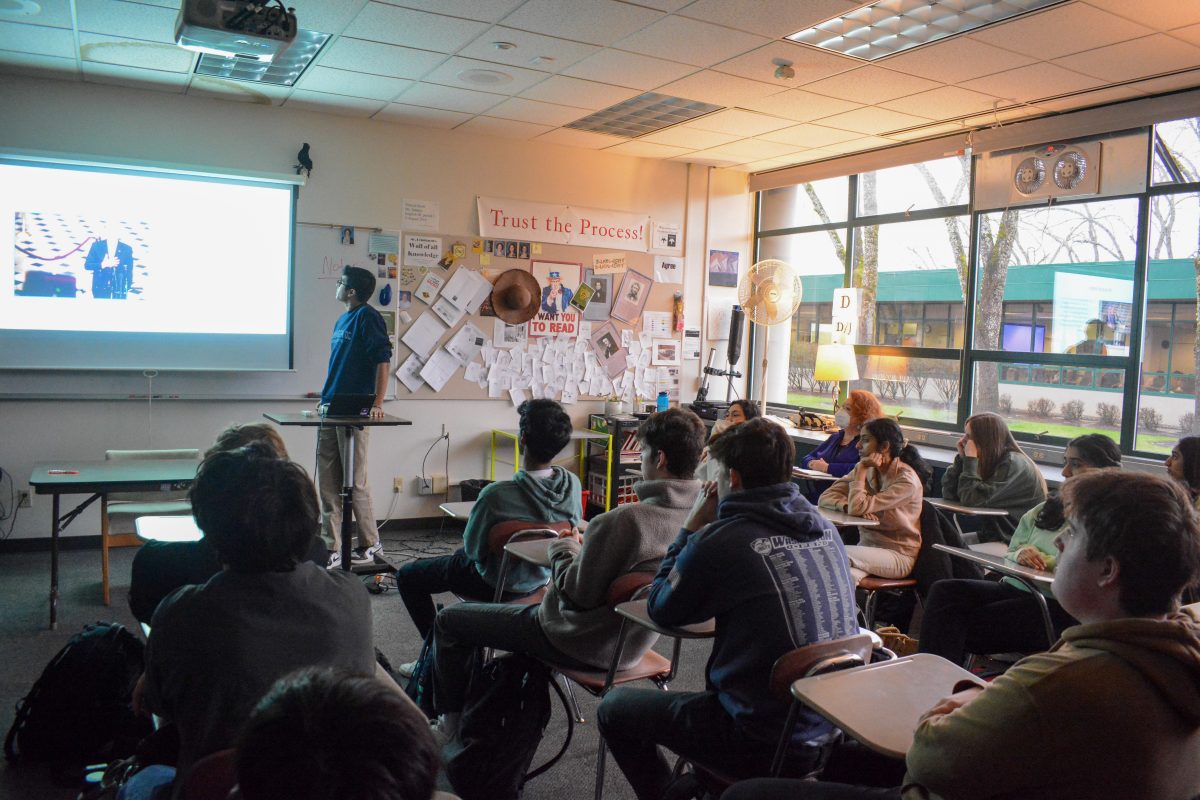Picture this: It’s 2:45 pm and the final bell just rang after juggling six different classes – including AP History, Honors English, and that one elective that you thought would be chill but is absolutely not. You rush to practice after grabbing Starbucks with your friends, and eat your pre-workout snack while attempting to start homework, but not actually getting anything done. When practice ends, you eat dinner at home and relax (if you can find the time), and start your homework. If you’re lucky, you finish by 10. If you’re not lucky… well, hello midnight.
And then you do it again. Every. Single. Day.
It’s a lot. So here’s a wild idea: what if we didn’t have six classes a day?
That’s what block schedules are. Instead of seven 55 minute periods, students would have four 90 minute periods each day, with classes alternating every other day. This isn’t just a schedule change, it’s a sanity upgrade.
With the longer classes, we have time to actually learn at a slower, more controlled pace. Right now, class feels like a race against the clock with teachers attempting to finish their concepts before the bell rings.
And good luck trying to do group work, presentations, or labs in less than 55 minutes. Because in science classes, by the time labs are set up, it’s already time to clean them up. In English and Foreign Language classes, we don’t have enough time to do all the presentations so we end up spending multiple class periods presenting.
MAIA Learning, a resource with a goal of helping students prepare for college and their lives beyond high school, agrees with the idea of a block schedule and they listed out some of the pros to having these classes.
“When students are challenged with a greater degree of problem solving, critical thinking, collaboration with peers, and project-based learning, they need more time within one period to do so” (MAIA).
And that brings us to one of the biggest perks that come out of block schedules: more time to do homework.
Since classes would meet every other day, students would get more time to complete assignments and study for tests and quizzes. That means fewer nights spent staring at a Google Doc at 11:15 pm wondering how many sentences can technically count as a paragraph.
Plus, having fewer subjects to work on each night would let us focus more and actually do the homework, not just speed-run it so we can move on to the next thing.
Sophomore Ella Devine says that time is one of the biggest challenges right now.
“There are a lot of subjects I have to remember to work on every night, and I often stay up until 11:00 just doing my homework. I just wish there were more hours in a day.”
Many college preparatory high schools in Oregon such as Central Catholic, De La Salle, La Salle, and Sunset High School all use a block schedule, so why not Jesuit?
In college, classes meet a few times a week for longer periods. A block schedule mirrors that setup, helping students get used to longer classes, more independent, and planning ahead. It gives us the opportunity to build time management skills that we’ll use in college, and throughout the rest of our lives.
And finally, a benefit that doesn’t get enough attention: block schedules could give us one more class.
Right now we have seven periods. But with block schedules, schools run on an 8-cycle period. This means students could take an extra elective, another math class, an extra year or two of foreign languages, or be able to try that random class we’ve always been curious about but never had space in our schedule for.
Sophomores Westyn Gunsul and Natalie Moore support the idea of having an extra elective in their schedules.
“I would love another elective,” they shared. “It would give us more options to pursue something we enjoy for careers in the future. Allowing us to take an art class as well as an extra history or language class can help us find a passion for later in life.”
Having a block schedule gives students more time to learn, more time for homework, more college-like, and more electives. Is block scheduling perfect? No schedule ever is. But when it comes to learning more deeply, managing time better, and giving students space to take more classes they like, it’s a huge step in the right direction.
Opinions published on Jesuitnews.com represent the beliefs of the writer(s) and don’t necessarily reflect those of Jesuit Media, Jesuitnews.com, The Jesuit Chronicle, or Jesuit High School.









